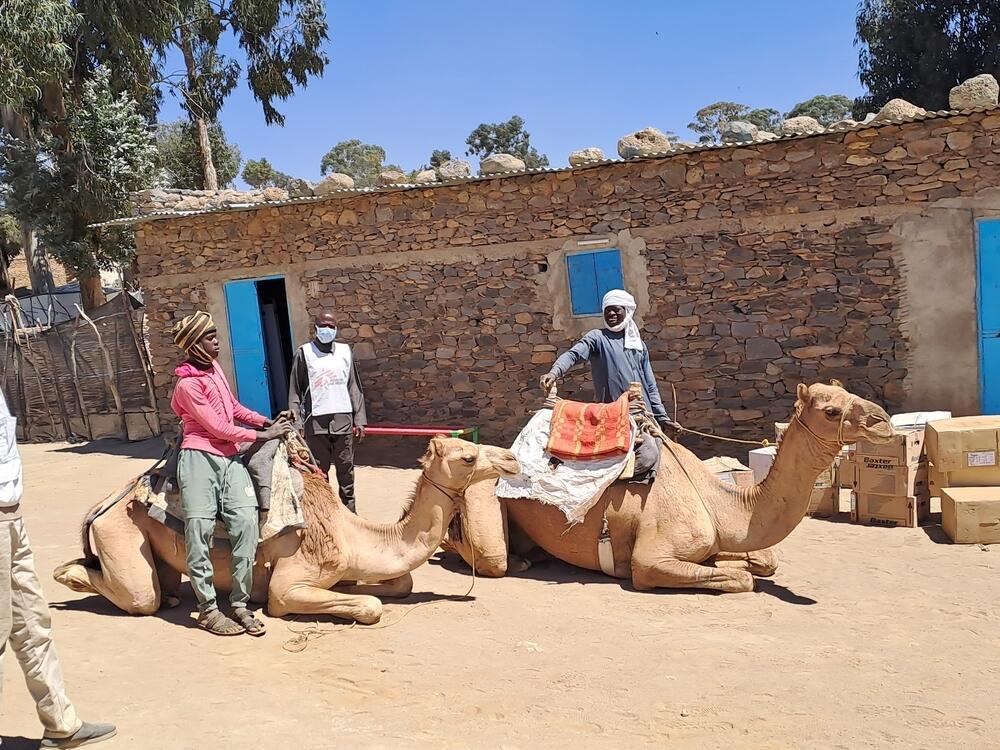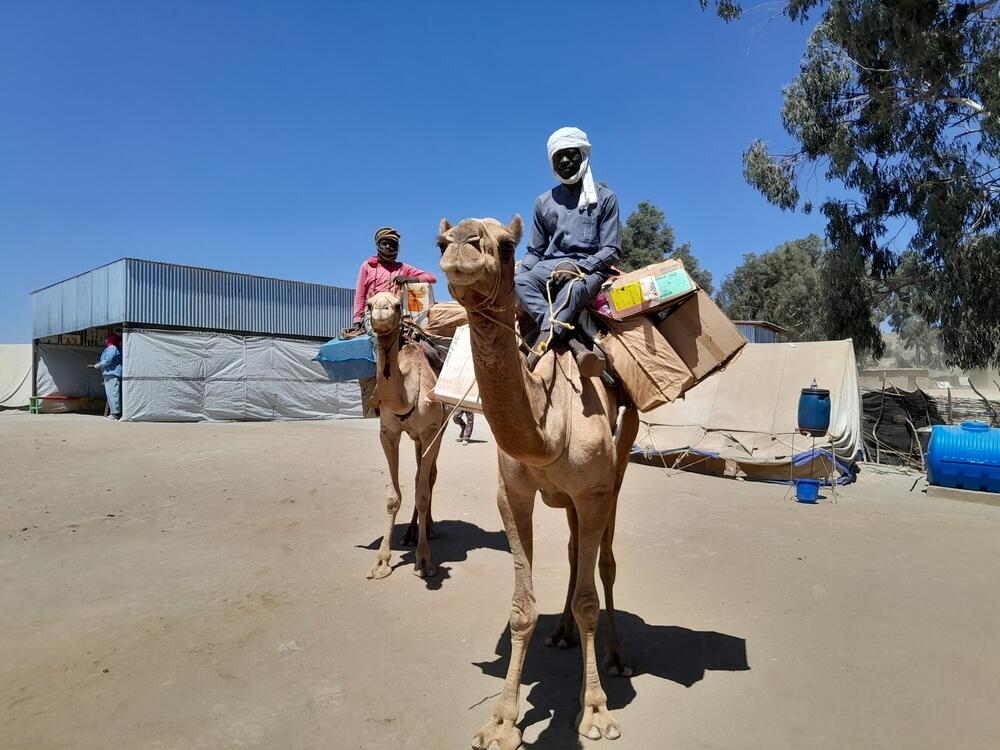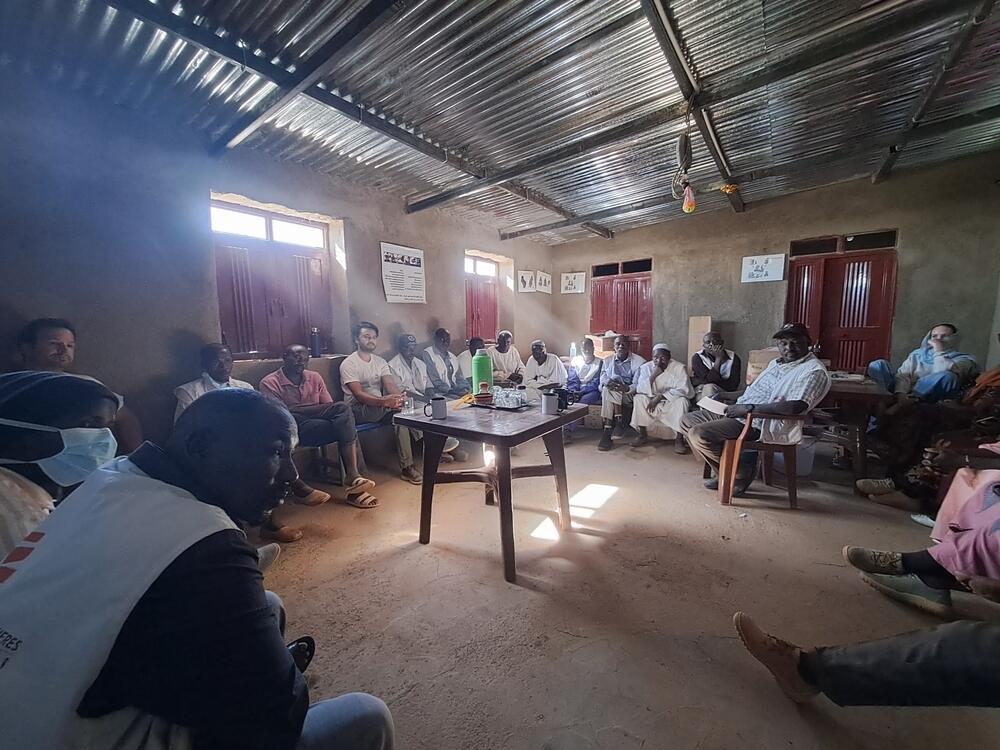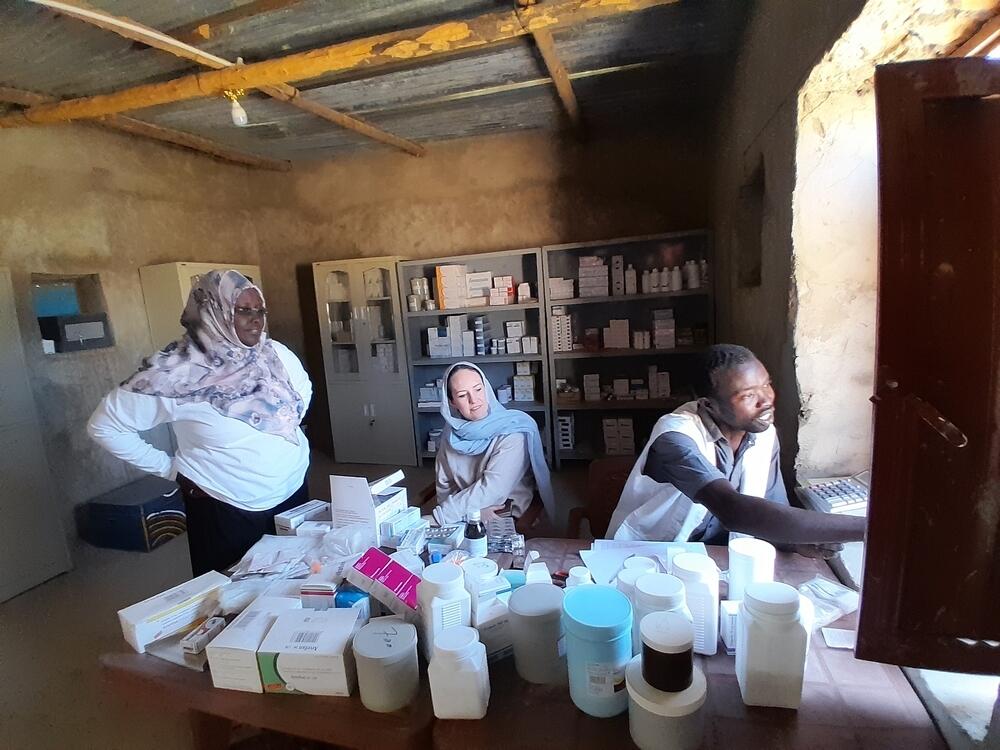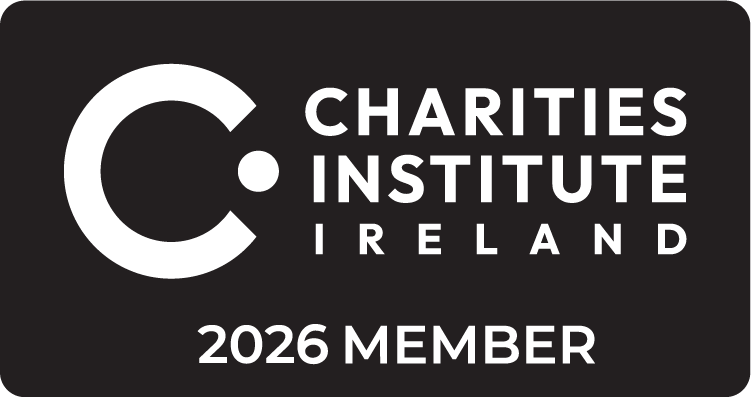Urgent humanitarian response needs to be scaled up in South Darfur, as conflict leaves two-thirds of people in Sudan without access to healthcare
1 March 2024
Nyala/Amsterdam - It’s been almost one year since conflict erupted in Sudan. Over 8 million people have been displaced, with the country now bearing the ignominious distinction of having the highest number of internal displacements globally according to IOM1. The humanitarian situation in Darfur, already dire before the conflict, has further deteriorated, with 37 per cent of all people displaced by the war seeking refuge in just this region2.
Shockingly, more than 70 per cent of health facilities in conflict-affected areas are no longer functional, leaving two-thirds of Sudan population without access to essential healthcare3. People across the whole Darfur region continue to face widespread displacement, food insecurity, inadequate access to essential health services and a lack of protection for health structures. The current level of humanitarian aid is insufficient to meet the growing needs of affected communities, and expanded international support – in terms of resources, funding and personnel – is urgently needed. Médecins Sans Frontières (MSF) calls for an increased humanitarian presence in South Darfur, where the medical and humanitarian situations demand immediate attention and collective efforts.
“A lack of critical supplies, including vaccines, exacerbates the dire situation people in Darfur are living through every day, leaving them with almost no access to healthcare,” says Ruth Kauffman, MSF emergency coordinator for Sudan. “This is compounded by administrative impediments organisations face, which obstruct medical supplies and international staff access to the region.”
In response to the crisis, since January 2024 MSF has intensified efforts, restarting activities in Nyala, one of the largest cities of Sudan. Here our teams are providing paediatric and maternal health services in Nyala Teaching hospital. We also provide malnutrition screening and treatment programmes for children under age five in El-Whada South hospital and in Beilal healthcare centre for both internally displaced people and local communities.
“In 2023, MSF teams in Nyala were forced to suspend activities due to escalating of fighting conditions,” says Kauffman. “Today we are back, but the situation remains extremely volatile.”
Our teams have expanded operations in Jebel Marra, providing crucial medical care such as treatment for malnutrition and sexual and reproductive health services to communities in the hard-to-reach areas of Torung Tonga, Kalokotting, and Dili.
The humanitarian situation in all of Darfur remains catastrophic, with widespread malnutrition and the collapse of healthcare infrastructure. Long administrative processes and security hurdles for organisations like MSF obstruct the delivery of lifesaving aid, exacerbating the suffering of vulnerable communities.
Since last week, this already extremely difficult scenario has been compounded by the decision of the Sudanese government to cancel the cross –border agreement for humanitarian access from Chad, despite the inability to propose alternative cross line routes to reach Darfur. In spite of the tireless efforts of local and international partners, including volunteer medical providers, the lack of supplies and support continue to hamper relief efforts.
